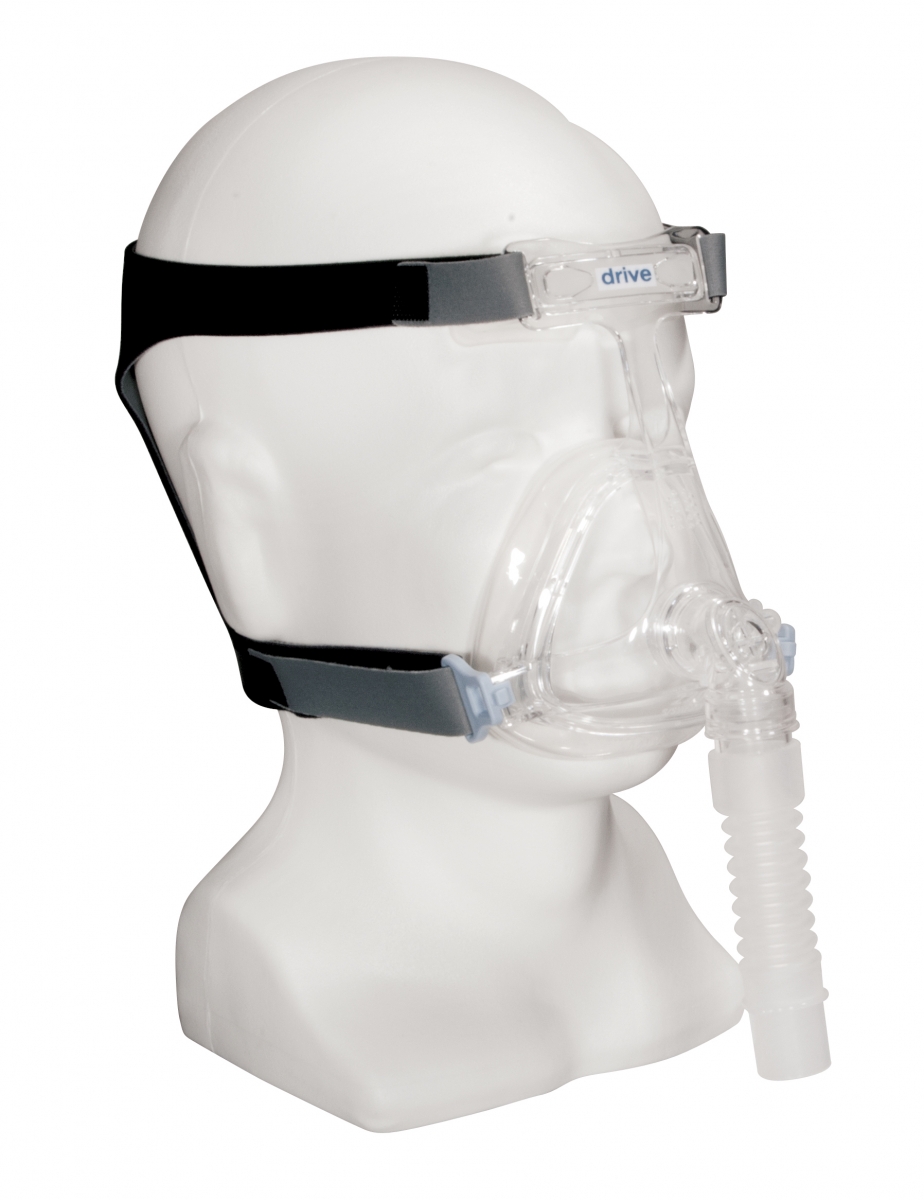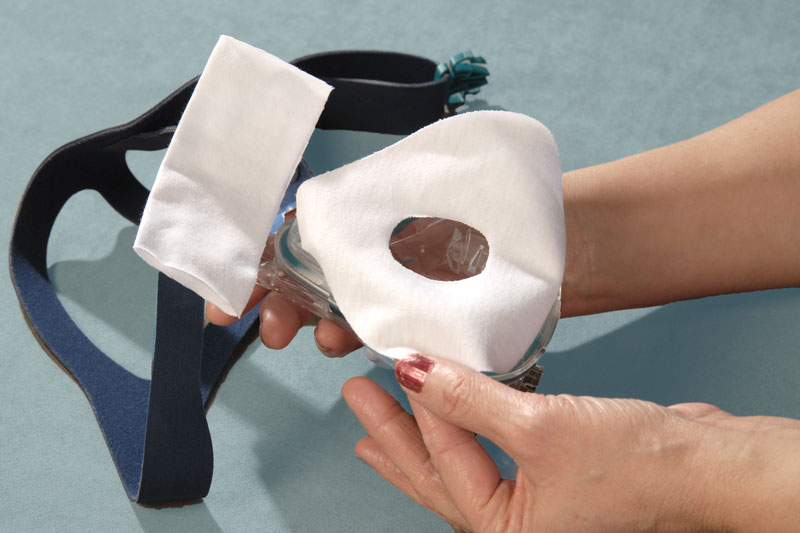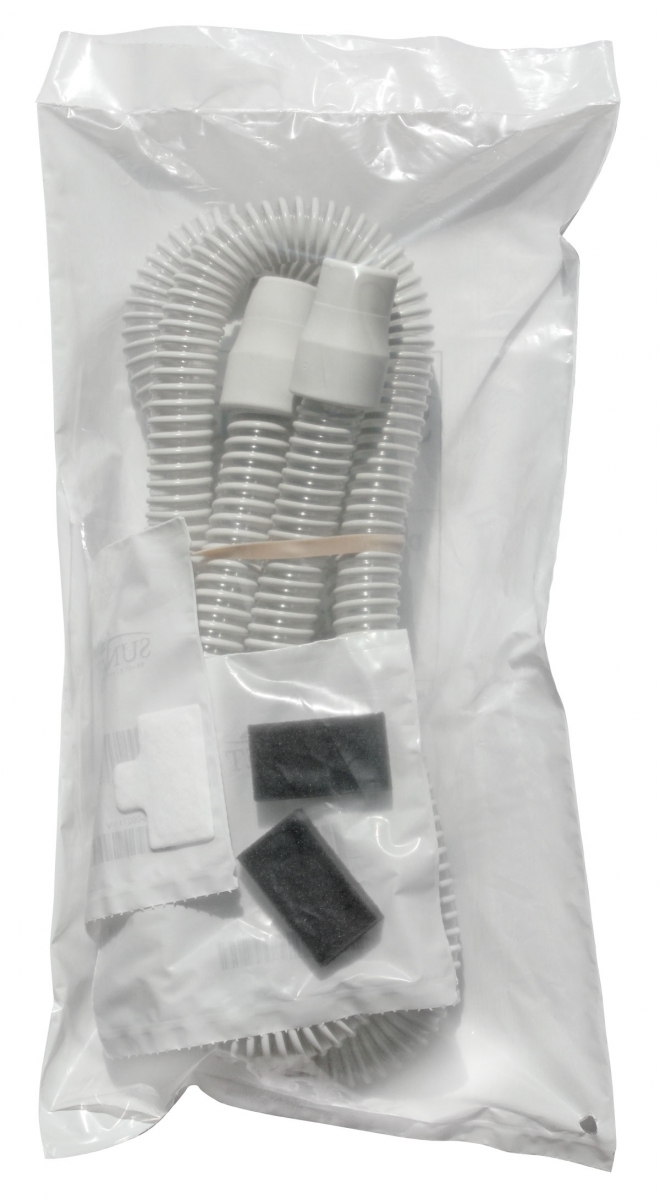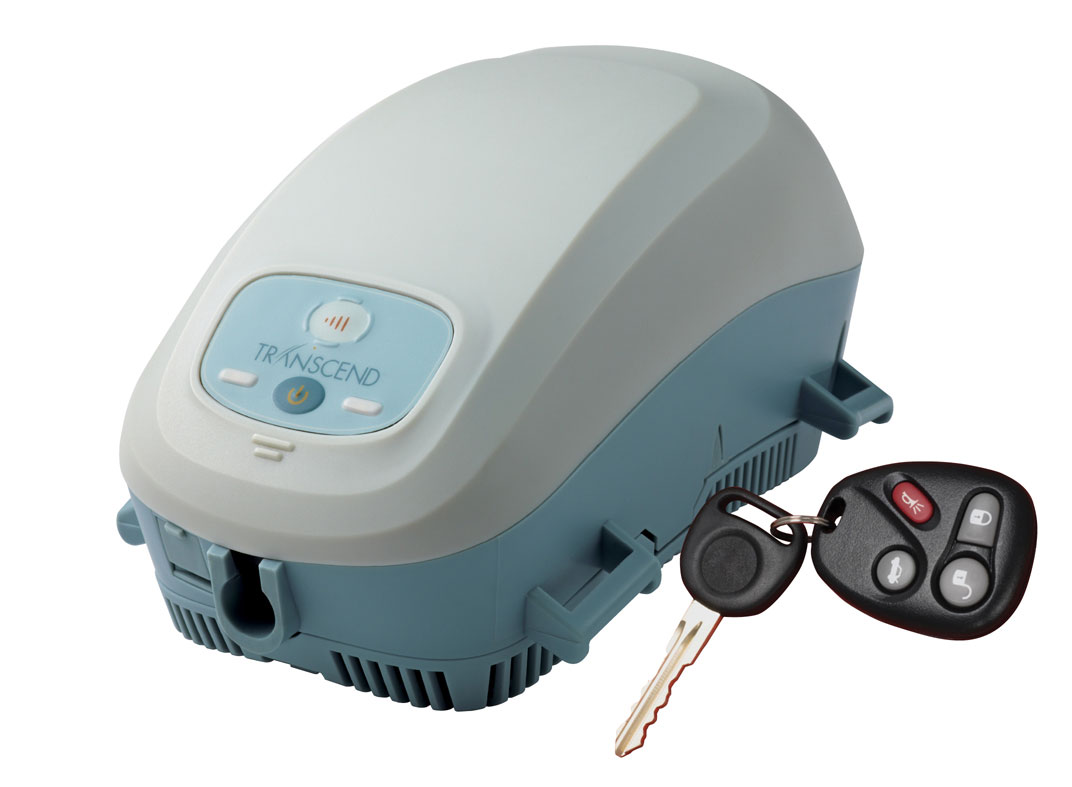Competing in the PAP market requires that HME providers do more than dispense machines—much more. Providers must take a broad-based and unified approach to maximize ongoing patient compliance for more successful treatment of obstructive sleep apnea, experts said.
This requires attention to details, such as how a mask fits, along with continuing education and patient outreach. Because obstructive sleep apnea is being diagnosed at younger ages, the reward for this good service is building a base of lifetime customers.
The PAP market is still predominantly CPAP. Fisher & Paykel reports that CPAP is the usual standard for OSA (obstructive sleep apnea) treatment, with VPAP and BPAP respiratory assist devices meeting the needs of 5 to 10 percent of patients.
Manar Sleiman, associate product manager of North America OSA marketing for Fisher & Paykel, noted that despite competitive bidding, HME providers still must differentiate themselves in the market by helping customers acquire effective and cost-efficient solutions and technologies.
To help offset decreasing reimbursements, providers should reduce inventory management costs, augment existing revenues and improve staff efficiencies, she said.
“As an industry we need to continue to educate and provide awareness about OSA so that it doesn’t go undiagnosed and untreated, which results in greater health risks,” she said.
For example, the industry must battle outdated perceptions that OSA is a male sleep disorder, Sleiman said. That can lead to under-diagnoses of women who suffer from common OSA symptoms such as fatigue, daytime sleepiness, mood changes and headaches.
Mitch Yoel, executive vice president of business development and government affairs at Drive Medical, sees cost savings driving an increase in home sleep testing, most likely resulting in fewer and fewer in-lab PAP titrations.
“Combined with more primary care physicians becoming involved in OSA diagnosis, the generic prescription auto-titrating PAP market will continue to grow,” he said.
Comfort and fit are critical
 The PAP interface is critical, and achieving a comfortable and effective fit on the first visit ensures compliance and profitability, Yoel said. The Drive Medical Freedom PAP Mask and Max Full Face Mask address market needs to maximize user compliance and provider reimbursement and to minimize the need for multiple provider visits for a good fit.
The PAP interface is critical, and achieving a comfortable and effective fit on the first visit ensures compliance and profitability, Yoel said. The Drive Medical Freedom PAP Mask and Max Full Face Mask address market needs to maximize user compliance and provider reimbursement and to minimize the need for multiple provider visits for a good fit.
Drive Medical includes all cushion sizes in each mask package to help a provider avoid “resizing calls.” There are also some direct-to-consumer opportunities, which shift emphasis to considerations such as retail packaging and freight expenses.
“Once you have a product that meets or exceeds the market demand for comfort and quality, then the fewest SKUs in the nicest looking package in the smallest box wins,” Yoel said.
The comfort and fit of the PAP mask is critical to compliance, agreed Robert Rutan, CEO of Naturs Design and developer of RemZzzs CPAP Mask Liners. He cited estimates that six out of 10 patients discontinue PAP therapy, often because of their inability to adjust to wearing the mask.
“Any HME provider who wants to expand his market needs to address the reasons for such a low success rate,” Rutan said. Providers who offer high quality care and an innovative product offering will retain more customers, he added.
 RemZzzs CPAP Mask Liners are disposable cotton liners, reimbursable using HCPCS codes A7031 and A7302. They serve as a barrier between the face and mask. The liner absorbs facial moisture and oil, eliminates air leaks, prevents skin irritations and pressure sores, secures the mask comfortably, allows for use of bedtime facial products and promotes a full night’s sleep. They can enable focused and distraction-free operation of well-engineered PAP machines, Rutan said.
RemZzzs CPAP Mask Liners are disposable cotton liners, reimbursable using HCPCS codes A7031 and A7302. They serve as a barrier between the face and mask. The liner absorbs facial moisture and oil, eliminates air leaks, prevents skin irritations and pressure sores, secures the mask comfortably, allows for use of bedtime facial products and promotes a full night’s sleep. They can enable focused and distraction-free operation of well-engineered PAP machines, Rutan said.
Full-service approach
Fully servicing existing patients enables providers to maximize profitability in PAP products, said Ashley Wood, director of operations at Sunset Healthcare Solutions. Replacing masks, tubes, cushions, chinstraps, humidifier chambers and filters as often as the patient’s insurance will allow can maximize HME reimbursements and profits. Wood noted that the reimbursement for supplies can add up to more per year than the device rental fees for a new CPAP setup.
Sunset Healthcare Solutions specializes in replaceable PAP accessories, including their own line of tubes, filters and masks as well as masks, cushions and humidifier chambers from major manufacturers.
 “We also carry many hard-to-find filters or replacement parts for machines and masks that are previous-generation and might be discontinued by the original manufacturer,” Wood said.
“We also carry many hard-to-find filters or replacement parts for machines and masks that are previous-generation and might be discontinued by the original manufacturer,” Wood said.Sunset Healthcare Solutions offers a customizable Resupply Kit that includes an entire three- or six-month supply of CPAP tubes, disposable and nondisposable filters and even a mask, cushions, chinstrap or humidifier chamber in a single easy-to-handle kit.
Wood suggested the addition of retail products such as CPAP mask wipes or accessory cleaners that provide continuous revenue in addition to reimbursements. “By adding retail products to their line, HME providers have a diverse product set to fall back on as reimbursements are being cut,” Wood said.
CPAP therapy to go
It’s a misconception that patients will not pay for PAP therapy, said Clarence Johnson, president and CEO of Somnetics, manufacturer of a line of CPAP products that are small, lightweight and portable.
“HME providers can, and should, evaluate marketing options (involving portable CPAP options) to help them drive cash sales and overcome lower reimbursements,” Johnson said. Sometics’ Transcend CPAP weighs less than a pound and fits in the palm of the hand.
 Product simplicity is also desirable, Johnson said. Somnetics offers a product line with interchangeable components to help HME providers control inventory costs. Combined with an overnight battery, the combination weighs about 1.5 pounds and can be stored in a briefcase or carry-on bag for travel. The Transcend line includes a fixed pressure CPAP; two small, portable battery power options; a waterless humidification option based on heat moisture exchange and a variety of accessories. The Transcend CPAP stores patient compliance data for 13 months, offers apnea/hypopnea index and leak detection data on the data report, adjusts automatically to higher altitudes and is FAA-approved.
Product simplicity is also desirable, Johnson said. Somnetics offers a product line with interchangeable components to help HME providers control inventory costs. Combined with an overnight battery, the combination weighs about 1.5 pounds and can be stored in a briefcase or carry-on bag for travel. The Transcend line includes a fixed pressure CPAP; two small, portable battery power options; a waterless humidification option based on heat moisture exchange and a variety of accessories. The Transcend CPAP stores patient compliance data for 13 months, offers apnea/hypopnea index and leak detection data on the data report, adjusts automatically to higher altitudes and is FAA-approved.
Training is critical
Training is a key factor in HME provider success when it comes to the PAP market. Suppliers such as Fisher & Paykel offer resources to help.
“We continue to provide training to assist noncredentialed staff to assist with patient followup to address common questions or concerns about CPAP equipment that can be easily overcome,” Sleiman said. Providing a process to enable an immediate response to a patient by call-center personnel allows the therapist to focus on revenue-generating activities, he said.
Fisher & Paykel provides a comprehensive range of CPAP devices, masks and humidifiers.
![]() The Fisher & Paykel ICON is a compact, stylish CPAP that provides features such as integrated heated humidifier, ThermoSmart technology for optimal delivery of humidification without condensation and SensAwake technology, which senses irregular breathing indicative of wakefulness and reduces pressure to aid the transition back to sleep. Patients can insert the InfoUSB custom memory stick into their computers to enable transfer of compliance data to the InfoSmart web-based compliance management service for access by providers and physicians.
The Fisher & Paykel ICON is a compact, stylish CPAP that provides features such as integrated heated humidifier, ThermoSmart technology for optimal delivery of humidification without condensation and SensAwake technology, which senses irregular breathing indicative of wakefulness and reduces pressure to aid the transition back to sleep. Patients can insert the InfoUSB custom memory stick into their computers to enable transfer of compliance data to the InfoSmart web-based compliance management service for access by providers and physicians.
Fisher & Paykel offers masks with greater fit across the normal population (Zest Q Nasal Mask) and masks with multiple sizes in one package (Forma Full Face Mask and OPUS Direct Nasal Mask). These solutions allow providers to manage inventory more efficiently while ensuring a great fit for patients.
